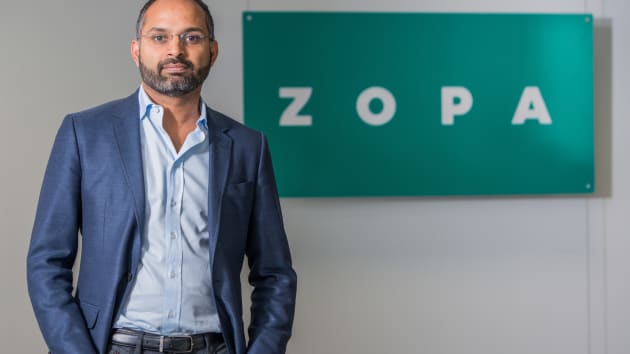Zopa abandons its core business

Zopa, a specialist in peer-to-peer lending, has gradually established itself as a leading UK FinTech company. It reached an advanced stage of development earlier this year, thanks to a new round of funding and a successful diversification of its activities. A positioning that now allows it to abandon one activity, and not the least, since it is its initial peer-to-peer lending offer.
FACTS
-
Zopa ceased to be a private lending platform and a key player in the collaborative economy. The reason given was a drop in investor confidence, following losses generated by a few projects.
-
These losses ultimately created a snowball effect with tighter regulation and increased operating costs and costs of attracting new investors, contributing to the stifling of the business.
-
Zopa Bank will buy back the P2P loan portfolio; the 60,000 investors on its platform will get their investment balance back by the end of January 2022.
ISSUES
-
An admission of semi-failure: Zopa has nevertheless lent over £6 billion via peer-to-peer lending since 2005. The platform thus emphasises its cautious positioning in the market, assuring that it has generated a positive return (5% on average and 3.9% during the pandemic) for its investors over the 16 years of its peer-to-peer lending offering.
-
Focusing on a more sustainable model: A pioneer in the collaborative economy, Zopa emphasises that its core business has nevertheless given it the fuel to build a broader, but also more traditional, financial offering. Zopa says it has seen strong demand for its recent credit cards and savings account. It is said to have attracted £675 million in deposits and issued 150,000 credit cards.
MARKET PERSPECTIVE
-
The year 2020 has been particularly dynamic for Zopa. The FinTech made the transition to a neo-bank in June, before launching its first savings account in August. It ended the year by also transforming its core business, launching a credit card in November to help its holders better manage their personal finances.
-
Zopa has thus made its gradual exit from the collaborative economy, gradually detailing the contours of a complete neo-banking offer. It is now putting this strategy into practice by closing its peer-to-peer lending business, on the strength of the funds it has recently raised and its forthcoming profitability, which is expected to be achieved by the end of December.
-
Zopa also plans to go public at the end of 2022.
